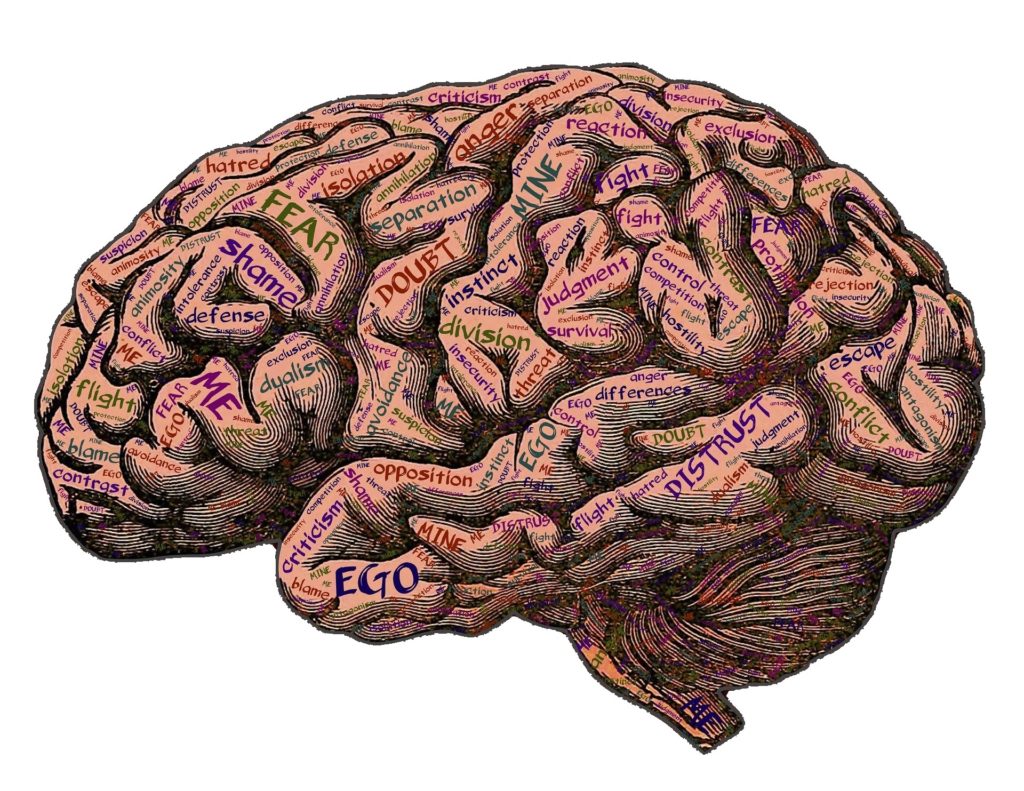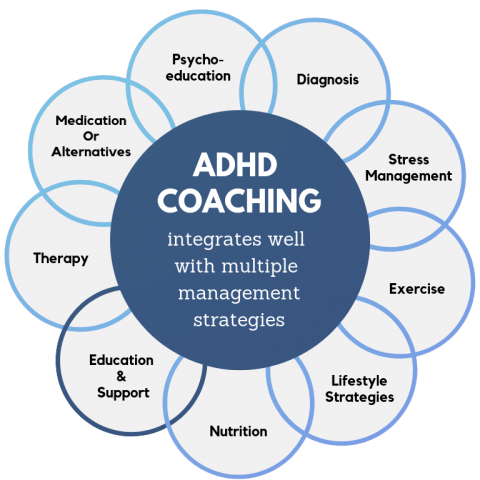Counseling Services
Overview
“Counseling is a collaborative effort between the counselor and client. Professional counselors help clients identify goals and potential solutions to problems which cause emotional turmoil; seek to improve communication and coping skills; strengthen self-esteem; and promote behavior change and optimal mental health.” ~ Counseling.org
My Focus
My focus is to help aide you in understanding yourself, what is going on for you in your life, and helping you navigate through the hurdles you may find yourself in front of. Helping you to discover the meaning behind your experience so you can understand and lift the fog that you might be under.
I work with individuals, couples and families to help them come to a better understanding of themselves, their relationship dynamics and how they can improve on making their dreams and goals become reality.
Integrative Approach: I don’t follow only one modality of therapy. I borrow methods and techniques from many therapies to integrate them into what fits best for each person. You wouldn’t bring a screwdriver to fix something that requires a wrench and that goes the same for therapies. My education has provided me with many tools to treat whatever you bring to the table.
Person-Centered Therapy: You have the power to discover the solutions to your life and make the necessary changes and what we do together is discover what those steps may be. I am not an expert on your life. I am not here to tell you how to live. I am here to help you discover the best way you’d like to live your life.


What are you struggling with?
Trauma | Anxiety | Depression
Mid-Life Crisis | Life Transitions | Burnout
Developing & Sustaining Relationships
Loneliness & Isolation | Existential Dread
Career Development | Career Fulfillment
Couples | Families
Would you like some help?
Book a Free 30-minute Consultation where we can decide together how to help you further your goals, reduce your stress and learn strategies to help manage your life better.
Free 30-Minute Consultation
![]() My counseling services are only available in CANADA.
My counseling services are only available in CANADA. ![]()
Other Services
Counseling Modalities Used
Talk Therapy / Psychotherapy
This is where we start. This is how we discover what’s going on for you and what you need. Once we identify the issues that are coming up for you in your life we can work on building strategies and solutions to manage or help decrease the severity of the symptoms.
This is basic therapy. The other modalities listed on this page are evidence-based practices with techniques that help in very specific ways to deal with the specific problem that you may be having. Different approaches to different problems.
Talk therapy can be used to help with relationship problems, mental health problems, major life events (such as grief and bereavement), and many other concerns.
Cognitive Behavorial Therapy (CBT)
Cognitive Behavioral Therapy is the one of the most popular and famous therapies. It is a short term, solution-focused, highly structured type of therapy that looks at the relationship between your thoughts, emotions and behaviors.
Through understanding the relationship between your thoughts, emotions, and behaviors we can hope to change the patterns of thoughts and behaviors that you may be experiencing. One of the goals is also to train you to be able to do this on your own outside of sessions.
CBT is the most widely used therapy for it’s flexibility with many mental ailments and conditions.
Dialectical Behavorial Therapy (DBT)
Created by Marsha M. Linehan, Dialectical Behavioral Therapy (DBT) is an offshoot of CBT. It is client-centered, structured and goal oriented. It focuses on building skills in distress tolerance, emotional regulation, interpersonal effectiveness, and mindfulness.
Dialectical refers to an integration of two opposing ideas. In DBT those ideas are acceptance and change. It focuses heavily on emotions.
Techniques used in DBT can be very helpful for treating depression, borderline personality disorder, PTSD, Complex P.T.S.D., addictions, and ADHD.
Somatic Therapy
Somatic Therapy is a body-centric modality that focuses on the connection between the mind and the body. It involves using both psychotherapy and physical therapies for more holistic and integrative healing to help release wound-up tension that is negatively affecting your physical and emotional wellbeing.
Somatic therapy is helpful in treating stress, anxiety, depression, grief, addiction, sexual functions, relationship problems, and especially and possibly most prominently, abuse and trauma.
Narrative Therapy
Narrative Therapy was originally developed by Michael White and David Epston in the 70s and 80s. It’s a solution-focused therapy that works with changing the unhelpful stories of our lives and views ‘the problem’ as being separate from the individual.
It follows a Social Constructionism philosophy that reality is created through interactions with other people. We learn about ourselves through reflection from others (society).
Narrative therapy is helpful for people who feel they have become defined by their negative emotions, thoughts or experiences. People who view themselves in a negative light.



